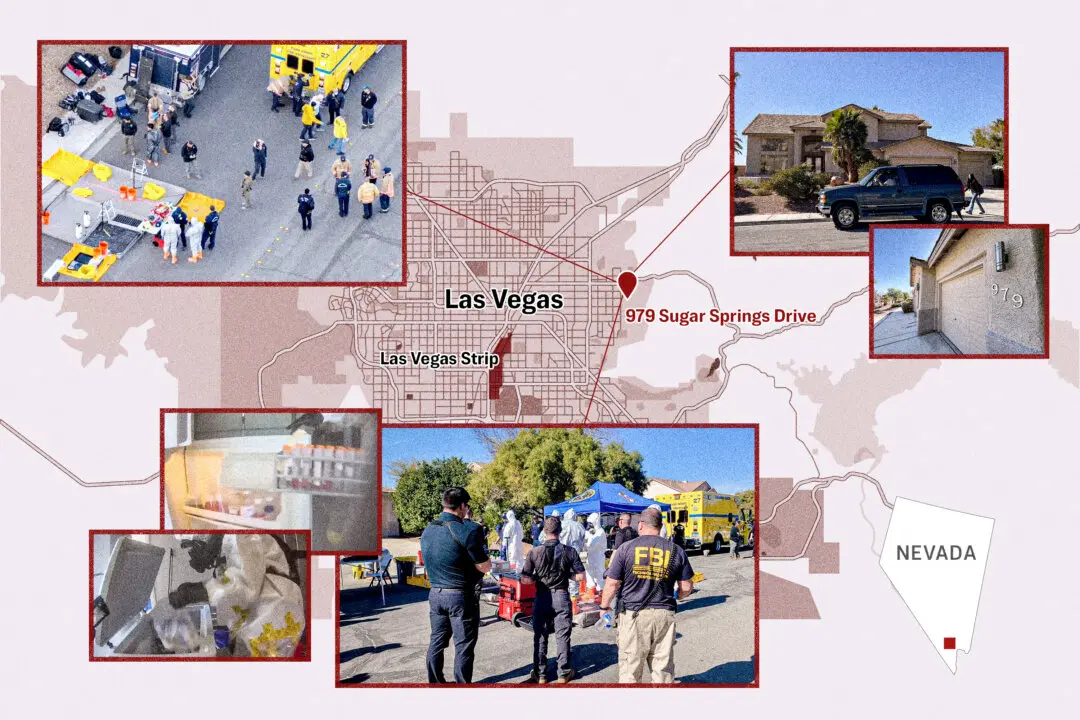Nearly two centuries ago, the idea of states breaking away from the union was put to rest on the battlefield, only to be resurrected and fought once again in the political arena in 2024.
Support for secession movements in the United States appears to be growing in border states like Texas, California, and even New Hampshire, according to members of these movements.





